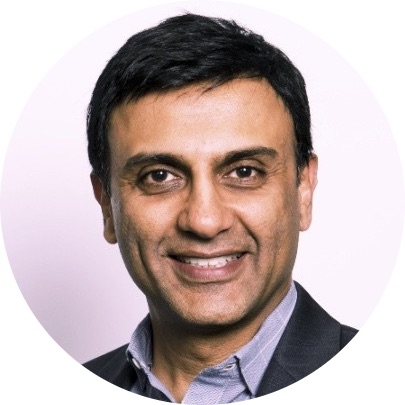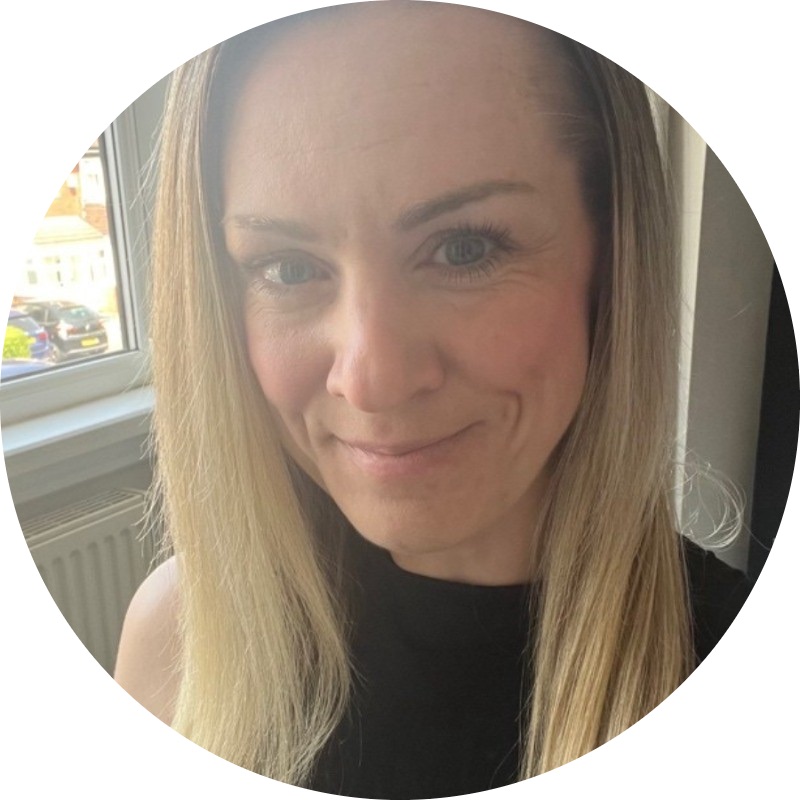How companies like Microsoft, EY and Bank of America are hiring more neurodiverse staff

This article is part of a series that will spotlight the biggest challenges and opportunities for desk-based professionals who are neurodiverse. More from the series →
Navigating the hiring and job interview process is stressful for most candidates — but especially those who are neurodivergent. Candidates with certain conditions, like autism spectrum disorder, may face heightened social anxiety and processing and communication delays during interviews. They also may take a job posting too literally and not even apply if they don’t meet the exact stated requirements.
Or those with ADHD might seem to get easily distracted or off track, leading an interviewer to think they aren’t that interested in the role.
But that doesn’t make them a bad fit. They may have the ideal technical skills and expertise needed, and other strengths like attention to detail, excellent memory or the ability to see problems differently and solve them visually. As companies move to make their hiring processes more inclusive and focused on skills rather than degrees, they’re increasingly recognizing the unique strengths of neurodivergent candidates and looking at procedures to ensure their true ability to do the job is best assessed and they aren’t filtered out.
“We keep talking about inclusion and innovation, but there is this entire group of people, the neurodivergent population, that is untapped,” said Hiren Shukla, who leads EY’s Neurodiverse Center of Excellence. Supporting those candidates is increasingly important as more organizations look to attract and retain key AI, data analytics and cybersecurity talent, he said.
It also comes as awareness around neurodiversity grows and certain conditions like autism and ADHD are gaining wider recognition on social media platforms like TikTok, and through shows like Netflix’s Love on the Spectrum. It’s also as diagnosis rates for autism have risen steadily over the past few decades, and as ADHD diagnoses have also risen, more recently across new demographic groups. From 2020 to 2022, the percentage of adult women in the U.S. between the ages of 23 and 49 years old newly diagnosed with ADHD nearly doubled.
But neurodiversity is a spectrum, impacting those with certain conditions in a range of ways. And it isn’t necessarily easy for neurodivergent candidates to end up in tailored hiring processes. They have several options: first, to disclose their condition upon applying and hope that it doesn’t hurt their chances and the employer can make accommodations. But stigmas still exist, making many candidates hesitant. Another method is to seek out companies that are already considered neurodiversity-friendly. Tools like Microsoft’s neurodiversity career connector, a job search board for roles at organizations that have neurodiverse hiring initiatives, is one resource.
Microsoft is one pioneer of neurodiverse hiring initiatives, along with accounting firm EY. They each started programs in 2015, and EY today helps an increasing number of other major employers leverage its model to make their hiring processes more inclusive for neurodivergent candidates, Shukla said.
“By screening folks in, we have found just tremendous talent,” said Neil Barnett, director of inclusive hiring and accessibility at Microsoft.
At EY and Microsoft, the interview process for neurodivergent candidates looks like this: a cohort candidates are brought in for a week-long process where they simulate the day-to-day of the job, completing tasks and assignments and working through complex problems with others in their group. The nontraditional interview format helps better gauge candidates’ potential performance rather than their behaviors.
“It gives us the ability over a period of a few days to observe an individual’s interest, acumen and their aptitude,” Shukla said. “That’s what’s really important because we know neurodivergent talent may not have the same education or experience path as others do, and so we literally have to see it played out in front of us.”
Bank of America is another major employer that started its neurodiversity hiring program in 2019, with a similar interview process lasting over the course of a week. “We’ve learned to really focus on skills-based hiring and best practices to ensure neurodiverse candidates can be successful,” said Kristi Ervin, senior vice president of human resources talent acquisition. The company also provides extensive training for managers and job coaching for new hires in the program, she said.
Not all employers are able to create these kinds of programs though, and organizational change takes time. Managers and HR leaders can take some steps on their own though to better seek out and support neurodiverse talent on a smaller scale, said Fleur-Michelle Coiffait, a clinical psychologist and lead for clinical neurodiversity at Spectrum.Life, a digital health and wellbeing platform.
One way is by tailoring job descriptions to make them more visual and less-text heavy, and tweaking requirements to make them more realistic and clear. Managers should also offer any accommodations they can without judgment, such as allowing a phone interview rather than video or in-person.
Leaders at Microsoft and EY say the biggest impact of their programs has been a larger shift toward greater acceptance of neurodiversity across the organization. An important part of both programs was to effectively train managers and other staff on working with neurodivergent individuals, ultimately teaching them how to better manage all of their staff. “We all appreciate more feedback, we all appreciate someone that’s more concise, and less ambiguous,” Barnett said.
And existing staff who hadn’t been hired through the programs have felt more comfortable disclosing their own conditions to coworkers and supervisors and asking for accommodations, and have created and joined more employee resource groups, Barnett said.
“Anything you put in place with neurodiversity in mind, is going to benefit everybody,” Coiffait said. “If we think about how everybody’s an individual, and everybody works slightly differently, and thinks slightly differently, if we take the time to get to know what that individual needs regardless of whether they are neurodivergent or not, that’s going to be beneficial in every situation,” she said.



